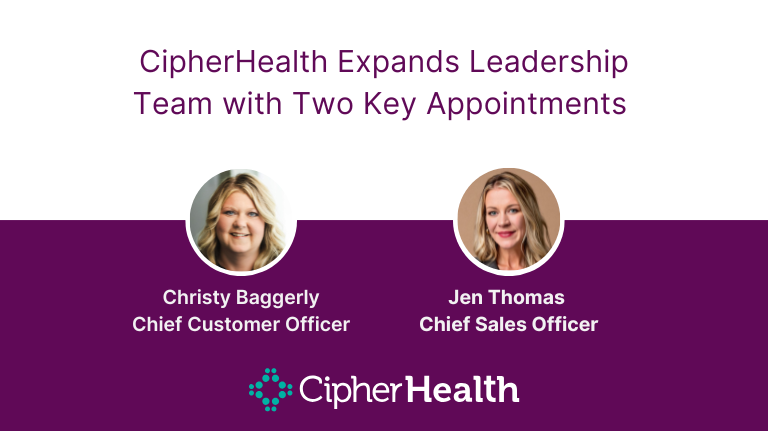By Joy Avery, MSN, RN
In a recent blog post, 3 Ways to Support Healthcare Staff with Technology, I discussed the deeply troubling prevalence of nurse burnout and how technology could be used to mitigate the overwhelming workload.
It’s equally important to consider our nursing students and new graduates who have endured nursing school amidst the pandemic.
During these last two years, clinical time in hospitals was shortened or stopped completely.
Nursing students learned using virtual patient bots and simulation dummies.
Lecture time was reduced.
The sentiment for many students is, How can I be ready for this?
The Global Crisis of Nurse Practitioner Vacancies
To say it is not an easy time to become a nurse is an understatement; stress levels in the nursing profession are at an all-time high. Healthcare, like many industries, is facing The Great Retirement (or Great Resignation).
In a recent article from the International Council of Nurses (ICN), Chief Executive Officer Howard Catto states that increasing nurse vacancies, their rates of intention to leave the profession, and staff sickness must now be recognized as a global crisis unto itself.
The direct impact of this for new nurses is there are fewer and fewer experienced nurses to mentor and nurture them as they rise to meet the demands of their role.
I know from experience it’s the seasoned nurses who provide nursing leadership and teach you the tricks of the trade you don’t get while in school.
They help you through your fears of taking care of those first patients and assist you as you become comfortable in your newfound oath to Do No Harm.
I remember my first thoughts as a new graduate thirty five years ago. God, please don’t let me kill one of my patients. But I had the wisdom and support of the seasoned nurses all around me.
The Pandemic’s Role in Nurse Burnout and Emotional Exhaustion
And I know how difficult this pandemic has been for new nurses because my daughter is one of them. She pushed herself and finished at the top of her class while working as an ED Tech.
She was closer to her childhood dream of following in my footsteps and becoming a flight nurse.
Recently, she came home from working five twelve-hour shifts in the ED. I had never seen her more frazzled. The pandemic and nurse burnout has taken a toll on her, as it has on so many. She’s abruptly given up her goal of becoming a flight nurse; instead she wants to work in Intensive Care.
I asked her why.
She said that she and her colleagues in the ED were caring for both ED patients and inpatients because there were staffing shortages on the nursing units. She said the ED doors, serving as the front door into the hospital, rarely ever close.
She was exhausted and said she didn’t know if she could continue like this for much longer.
This, to me, encompasses what it is like to be a new nursing graduate now.
It is a far cry from what I hoped—for her to feel elated, wearing a new stethoscope around her neck, dressed in the same color scrubs as other nurses on her unit.
And most importantly, feeling pride about her new credentials—RN, BSN. I am praying she can survive the stress of the nursing shortage, stay passionate about healthcare and continue her journey to one day reach her original goal of becoming a flight nurse.
Healthcare Technology’s Role in Reducing Nurse Stress and Burnout
While there is no silver bullet for the many problems of this pandemic, we here at CipherHealth continue to work on preventing nurse burnout with healthcare software that makes the lives of both novice and seasoned nursing staff easier.
It is clear that lessening their workload is even more critical now. Digital patient rounding solutions are intended to make caring for each and every patient more efficient and effective, while creating time savings.
Automated outreach means that remaining nursing staff can leverage technology to do the work of reaching thousands of patients post-discharge to assess their health status and improve outcomes.
Digital staff rounding offers leadership the tools to check in on every one of their valued staff members and provide them with the resources they need during this difficult and unprecedented time.
CipherHealth’s suite of digital tools are proven to benefit healthcare professionals and healthcare organizations alike. As we enter the third year of the COVID-19 pandemic, technologies such as these will be essential in supporting new and veteran nurses, as well as increase effective communication in nursing.
If you know a nurse who has been affected by the toll of this pandemic, a great way to let them know you appreciate them is by sending them a nurse thank you letter, even a short but heartfelt letter can go a long way.








